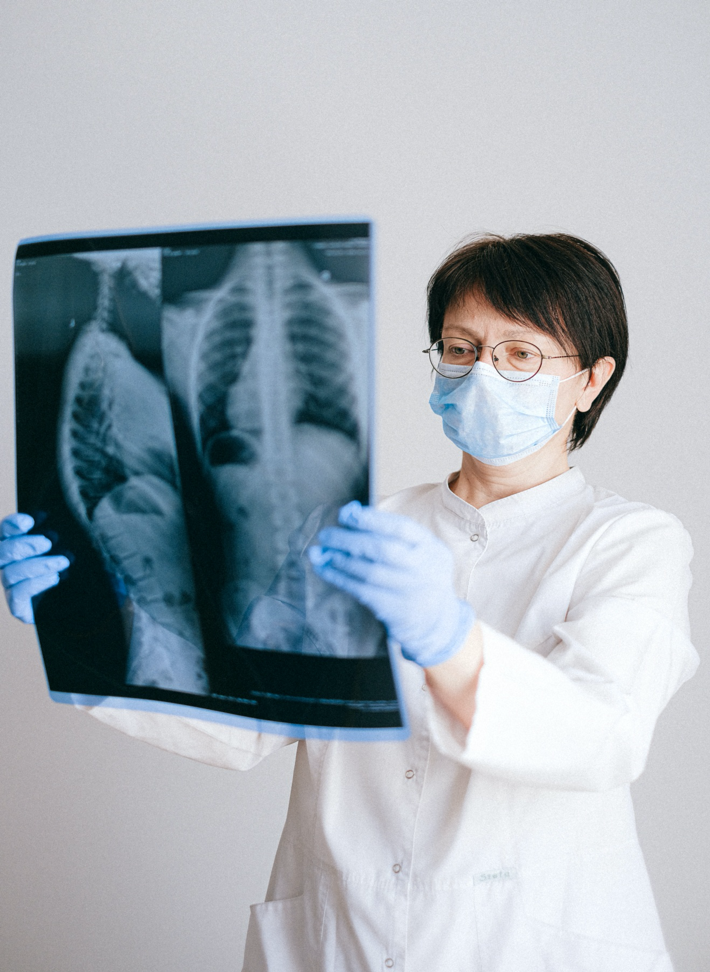CALL TODAY 646-846-1136 | EMAIL
Hiatal Hernia
What is a hiatal hernia? Hernias are disruptive conditions in which the tissue linings or muscle walls become unable to hold the tissue cavities in place. It happens due to the weakening or thinning down of muscle tissue. Abdominal hernias are the most common type of hernias. Hernias come in two forms, either external or internal. The more common external hernia causes a lump to form on the surface of the skin. In comparison, the internal hernias show a different set of symptoms. However, symptoms vary depending on severity.
Hiatal Hernia
A Hiatal hernia is an internal hernia. The name “Hiatal hernia” comes from its region of occurrence, which is the hiatus. The hiatus is a small opening in the diaphragm through the esophagus or the food tube passing from your chest to your stomach.
In the case of a Hiatal Hernia, the upper region of your stomach cavity starts to bulge out of the hiatus and into the chest. The severity of the Hiatal Hernia depends on whether it is a sliding hiatal hernia or a paraesophageal hernia.
Sliding Hiatal Hernia
A sliding hiatal hernia is normally not that big of an issue. Although they can cause slight discomfort, they do not pose a serious threat to an individual. The outward bulge of the stomach cavity is rather small, and the stomach, along with the lower esophagus, slides slightly into the chest region. A person that encounters this hernia will experience heartburn or acidity.
Fixed Hiatal Hernia or Paraesophageal Hernia
This type of hernia is more of a threat for an individual. This occurrence does not involve the shifting of the stomach or the esophagus. Instead, a part of your stomach’s cavity squeezes its way into the hiatus. In this circumstance, a person enters the danger of losing blood supply to that specific region because of the tight squeeze.
Doctors even refer to this condition as strangulation of the hernia. The most alarming thing about this hernia is that a person will rarely experience any symptoms. Therefore, if a doctor comes to a conclusive diagnosis of this condition while judging other underlying symptoms, then it may be too late.
Symptoms
It is rare for a person with Hiatal Hernia to show symptoms. Usually, the symptoms encompass a series of problems that relate to ingestion and digestion. This is obvious because both the fixed hernia and sliding hernia have to do with the displacement in the abdomen region.
Therefore, people suffering from these conditions will experience heartburns or acid reflux. Since the stomach and esophagus get closer to the chest region, a person may have trouble with stomach acid and experience acidity. Other symptoms may include:
- Chest pain
- Excessive Burping
- Harsh taste in the mouth
- Stomach ache
- Vomiting
- Shortness of breath
- Bloating
- Swallowing issues
- Bolus Backflow
Furthermore, symptoms such as excruciating stomach pain, vomiting, or inability to pass stool require immediate medical attention. These symptoms are indications of the worsening of fixed hernias and call for an emergency.
Causes
Hernias are nothing but the weakening of internal tissues and their inability to withstand the pressure of the organ or organ cavity against it. Thus, there is no clear reason why a person undergoes a hernia. That said, doctors believe that a hiatal hernia is most likely a case of old age.
As a person gets older, their muscular firmness tends to weaken, and the muscle lining can become thin. Another possibility for the development of a hernia can be the changes in the diaphragm that can come with adulthood and worsen as you get older.
Damage to the diaphragm due to an injury is also another cause of hiatal hernia. Muscular damage can weaken the diaphragm and the hiatus. This injury can be a result of an accident or even activities that put a strain on your diaphragm, such as coughing, heavy lifting, vomiting, and others.
Diagnosis
Since a hiatal hernia is an internal hernia, the doctor cannot diagnose this condition with a routine physical examination. For the diagnosis of a Hiatal hernia, a doctor analyzes the underlying symptoms. If the symptoms correspond to this type of hernia, the doctor is likely to run some test procedures. These tests include:
- X-RAY (x-ray photographs can reveal abnormal displacements of your stomach, making it easier to diagnose Hiatal hernia)
- Endoscopy (This is a thin tube with a camera. The doctor inserts this tube into your esophagus for this test)
- Esophageal Manometry (This test reveals the rhythmic pattern of the esophageal muscle contractions when a person swallows.)
Hiatal Hernia: To Conclude
Lenox Hill Minimally Invasive Surgery is a state of the art facility in New York City. Our team of surgeons specialize in Hernia treatment and surgery. If you or your loved one is suffering from such a condition, then visit us for expert consultancy and treatment.
You can find more information on our website, or call us at 646-846-1136.



